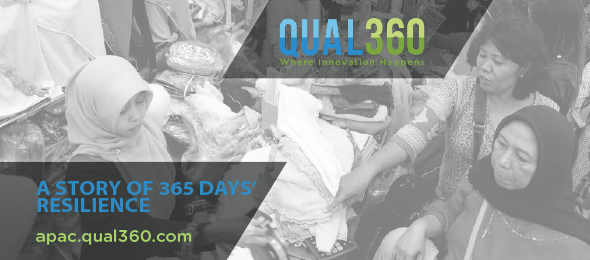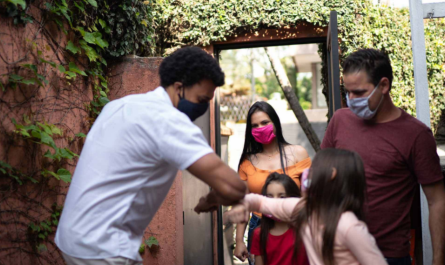Economic growth in Indonesia has fallen to the lowest level for almost five years, according to the latest data, but still having a stronger position to face an economic downturn than in the past. Southeast Asia’s largest economy, is finding it harder to fire up its engines of growth with the ending of the commodities boom and as high-interest rates weighing on domestic demand. However, what is the rhythm of Indonesian’s consumer behaviours in such a downturn period and how can its qualitative monitoring benefit Indonesia’s marketers? Those insights will be presented by Hidayatullah Cahyatama, founder & CEO of Cahyatama Consulting, at the Qual360 APAC conferencehappening on October 19-20 in Singapore.
Throughout 2015, Cahyatama Consulting has undertaken a series of qualitative studies on Indonesian FMCG consumption, in order to inspire fast, relevant, and insightful strategic guidance for commercial solutions. The key research approaches to be discussed are as follows:
- Advantages of qualitative research and the tensions between classic vs new qualitative approach in such environment,
- Challenges of focus groups and in-depth interviews and their new approaches like integrating mobile ethnography (online community) and real-life ethnography,
- Process of conducting a series of ethnography and focus groups in place,
- Setting up online communities and engaging them in monthly basis research of one year’s consumer goods consumption, and
- Outcome strategies during the downturn.
“The result was amazing”, says Mr. Cahyatama. Various “insight and indices” of consumer consumption are found across key FMCG categories (food, beverage, personal care, home care, etc.). Furthermore, the study unfolds the psyche behind consumer consumptions’ ups and downs and it gauges the dynamic of their engagement with various brands available in their life.
An ultimate take away from this study is the fact that downturn is a “survival period” for consumers, avoiding negativities instead of grooming a better future. According to Cahyatama, in the midst of such behaviour, there will be some product categories that consumers are keeping essential for their family – whilst sacrificing some other categories that seen more as a commodity. Hence whilst juggling with lots of compromises for their family, housewives will always need to pamper themselves in battling the hardship of life.
Editor’s note: You can learn more about the upcoming conference at QUAL360 APACwebsite.
by Pavlina Mladenova










 by
by 


